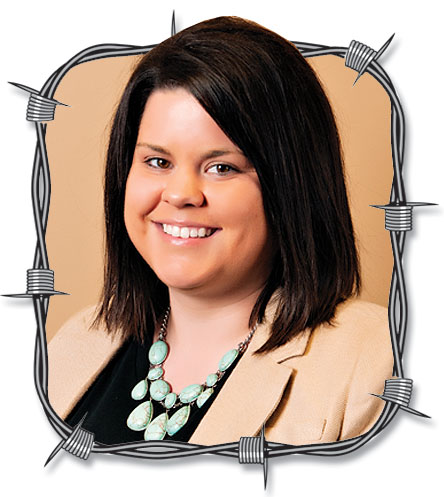The New Year is well under way and I’m at that point when I know I’ve successfully transitioned – I’m finally using 2011 consistently as I write the date!
2011 dawned on a still sluggish and recovering economy. Producers are seeing input costs and other expenses (for example gasoline at almost $3.00/gallon) on the rise. Concerns about feed prices, interest rates, and so on are all the mix these days. Farm and off-farm incomes are still somewhat stagnant. Many producers I talk with are tightening their belts for what could be a lingering recession or double-dip year ahead.
How is the current economic outlook influencing your farm and family plans for 2011?
Farm & Financial Plans
It’s in our DNA to plan. I doubt 10,000 years ago, man simply woke up and said let’s go hunting again today. I’m sure some thought went into when, what, where and how to hunt in order to survive.
We all make plans. However, planning for a year can take on a whole new dimension once we sit down and assess our business and examine needs, goals and changes that need to be made.
Planning is just as much looking back and reviewing as it is looking forward at our farming operation progress.
Next, it’s analysis to see if our plans are on track or need to be changing. Planning requires some reflective time to ask good questions, analyze results, make projections, evaluate contingencies and more.
I’ve learned that if I asked the right questions I can learn a lot about my customers and their thinking which then helps me better understand their financing needs and goals.
Setting aside time in today’s fast-paced world to do adequate, in-depth planning is a challenge.
Completing an in-depth farm and financial plan and evaluation at the first of each year is a great tool. We are often guilty of not asking customers for their specific farm or financial plans. Often times, to expedite a loan request a loan officer may simply look back on income history and make a projection off the prior 3 to 5 years history without ever asking in-depth questions about future needs, plans or goals.
Here’s a guide and some tools to help you create a plan for 2011.
2011 Farm and Financial Planning Guide
1. Complete an annual balance sheet or financial statement as of 12-31 each year.
A financial snapshot on the same date like December 31 is a great way to compare your financial progress year-to-year.
2. Assess your 2011 farm and family cash flow or budget.
What is your cash flow going to be like next year? As you prepare your income taxes, it’s also a great time to think about your income, expenses and cash flow for the next year. By assessing the prior year’s cash flow you can gain insight and form a strategy for the coming year.
3. What production, management or marketing changes might be occurring next year? What are your contingencies?
4. What are your capital expenditure needs for 2011?
• Do you need to replace a pick-up truck, tractor or other equipment?
• Do you plan to expand your operation, i.e. cattle herd?
• Do you have construction needs? Build two, or more, poultry houses or purchase land?
5. Are you comfortably servicing current debt load? Are you building cash reserves and working capital?
6. Have you and your loan officer had a recent discussion regarding your term debt obligations and repayment capacity?
In today’s fast-paced culture producers need financing quickly, so taking time to review these six questions and discussing them with your lender today will save everyone time.
Finally, don’t look at your annual planning and visits with your lender as a chore or a challenge. It’s a productive time for you to get to know one another better… and can often mean the ability for your lender to help meet your financial needs more effectively and efficiently.
Like the old saying goes “It pays to plan. It wasn’t raining when Noah built the Ark.”
Darla Larson is the Branch Vice President, Farm Credit of Western Arkansas. Larson manages offices in Bentonville and Siloam Springs where she presides over a loan portfolio of $52.5 million. She holds a Masters Degree from U of A. Darla has a wealth of Farm Credit experience working in Michigan and Ohio prior to joining FCS Western Arkansas in 2009.




